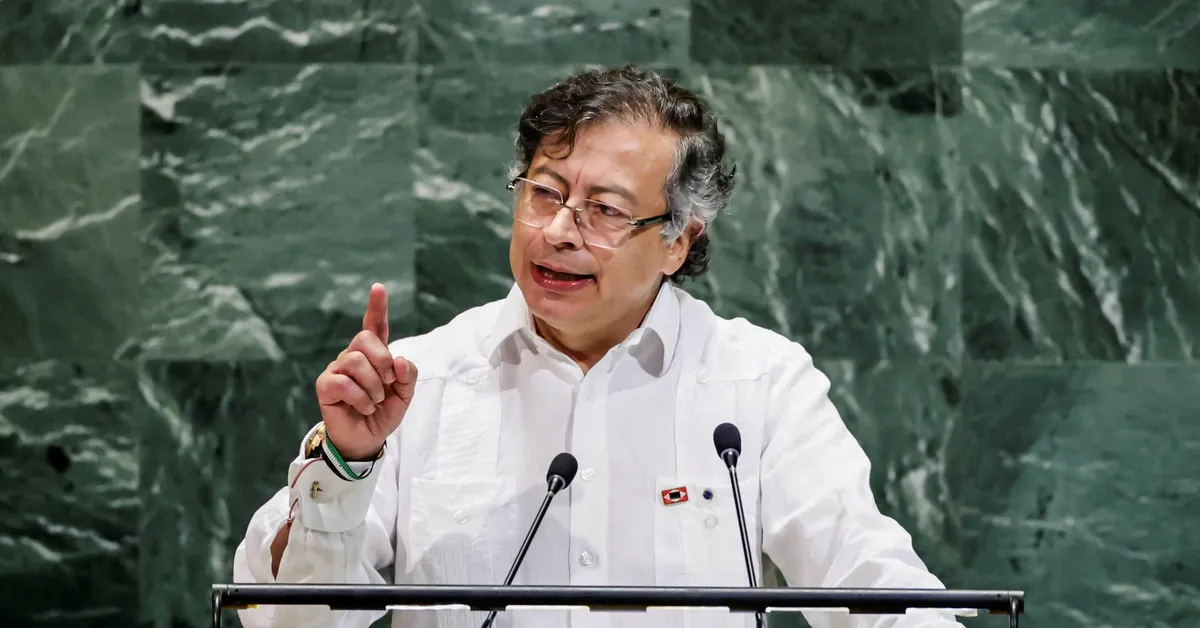
On October 19, 2023, U.S. President Donald Trump made headlines by labeling Colombian President Gustavo Petro an "illegal drug leader." In a post on his social media platform, Truth Social, Trump expressed his disapproval of the Colombian government's approach to drug production, stating that it has resulted in the sale of large quantities of narcotics to the United States, which, in turn, has led to "death, destruction, and havoc."
In his post, Trump announced that the United States would cease large-scale payments and subsidies to Colombia, although he did not specify the exact payments he was referring to. This decision comes at a time when Colombia, historically one of the largest recipients of U.S. aid in the Western Hemisphere, has experienced a significant reduction in financial support. Earlier this year, the funding was curtailed following the shutdown of USAID, the American government's humanitarian assistance arm.
The Colombian embassy in Washington, D.C., did not respond immediately to inquiries regarding Trump's statements. Similarly, the U.S. State Department referred questions about the situation to the White House, which has also not provided immediate comments.
Relations between Bogotá and Washington have deteriorated since Trump returned to office. Tensions escalated last month when the United States revoked Petro's visa after he participated in a pro-Palestinian demonstration in New York City and encouraged U.S. soldiers to disobey Trump's orders. This incident highlights the growing diplomatic rift between the two nations.
Last year, President Petro outlined a bold strategy aimed at tackling coca-growing regions in Colombia through extensive social and military intervention. However, the strategy has yielded little success, prompting Petro to blame the country's political leadership for its inability to meet drug control obligations. In his recent post, Trump echoed these sentiments, stating, "Petro ... is an illegal drug leader strongly encouraging the massive production of drugs," and emphasized that U.S. payments and subsidies to Colombia were a "rip-off."
Trump concluded his statement with a strong declaration: "AS OF TODAY, THESE PAYMENTS, OR ANY OTHER FORM OF PAYMENT, OR SUBSIDIES, WILL NO LONGER BE MADE," signaling a significant shift in U.S. foreign policy towards Colombia.
As this situation unfolds, it remains to be seen how these developments will impact U.S.-Colombia relations and the ongoing fight against drug trafficking in the region.